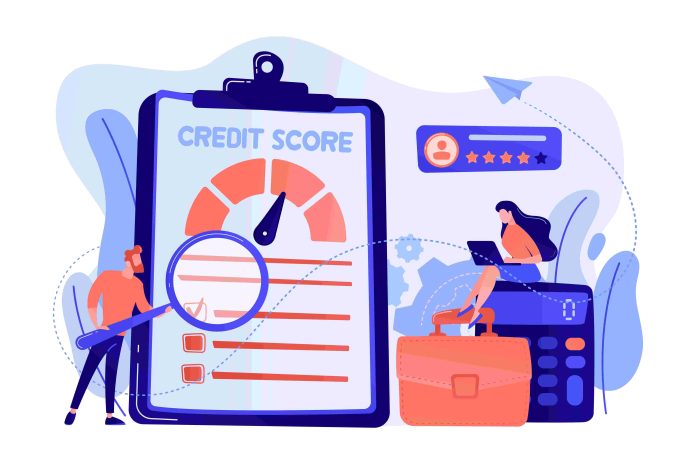In the United States’ credit-driven economy, credit scores dictate more than just loan eligibility; they influence access to basic necessities. However, many consumers with poor credit lack understanding of how to enhance their creditworthiness, leading to financial hardships. A staggering 80% of individuals faced financial hurdles due to loan denials or low credit scores. Those with low credit are nearly twice as likely to encounter financial and daily life challenges compared to the average consumer.
These insights stem from “The Credit Accessibility Series: BNPL’s Wide-Ranging Impact on Consumers and Merchants,” a joint effort by Sezzle. The study surveyed 3,177 Americans from April 26 to May 2, exploring the growing popularity of buy now, pay later (BNPL) credit options, users’ motivations, and the potential to bolster credit profiles.
In essence, credit accessibility serves as a linchpin in financial well-being, influencing not only borrowing capabilities but also individuals’ overall quality of life. As such, empowering consumers with knowledge and tools to enhance their credit standing is imperative for fostering financial resilience and inclusion.
The prevalence of BNPL services underscores consumers’ evolving preferences and the need for flexible payment solutions. However, while BNPL options offer convenience, they also present risks, especially for those already struggling with poor credit. Understanding these dynamics and their implications is essential for both consumers and merchants navigating the evolving landscape of credit.
Moreover, initiatives aimed at promoting financial literacy and responsible borrowing can play a pivotal role in addressing the challenges faced by consumers with suboptimal credit. By equipping individuals with the necessary information and resources, stakeholders can empower them to make informed financial decisions and take proactive steps towards improving their creditworthiness.
Ultimately, enhancing credit accessibility requires a multifaceted approach that encompasses education, regulation, and innovation. By working collaboratively, stakeholders can create a more inclusive financial ecosystem where individuals of all credit profiles have the opportunity to thrive.











